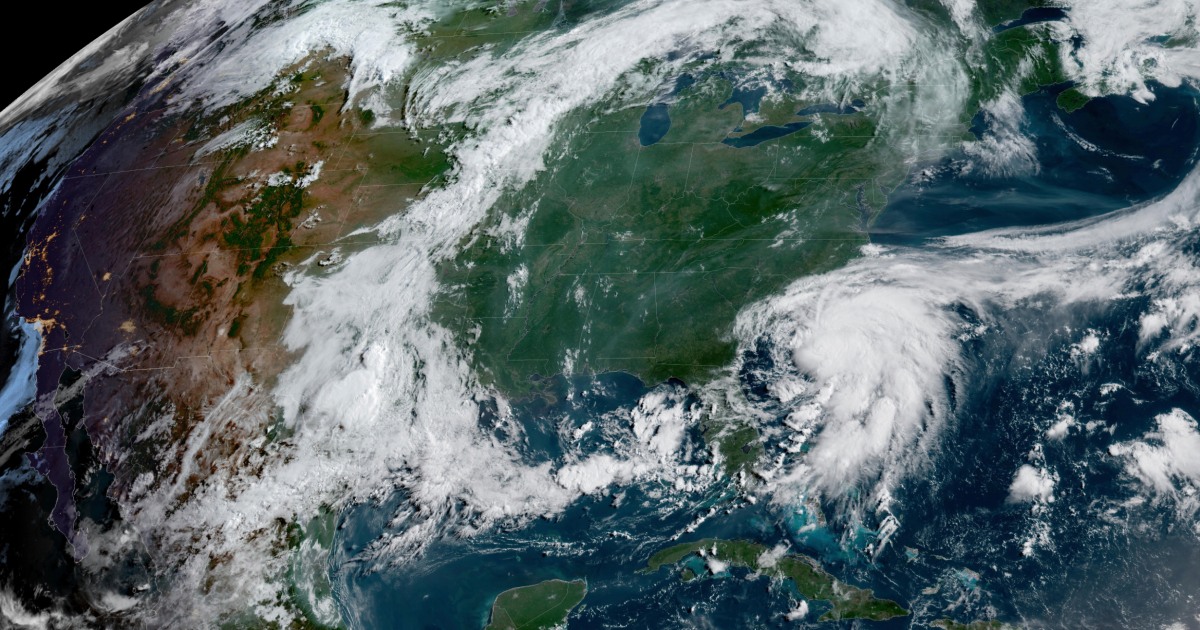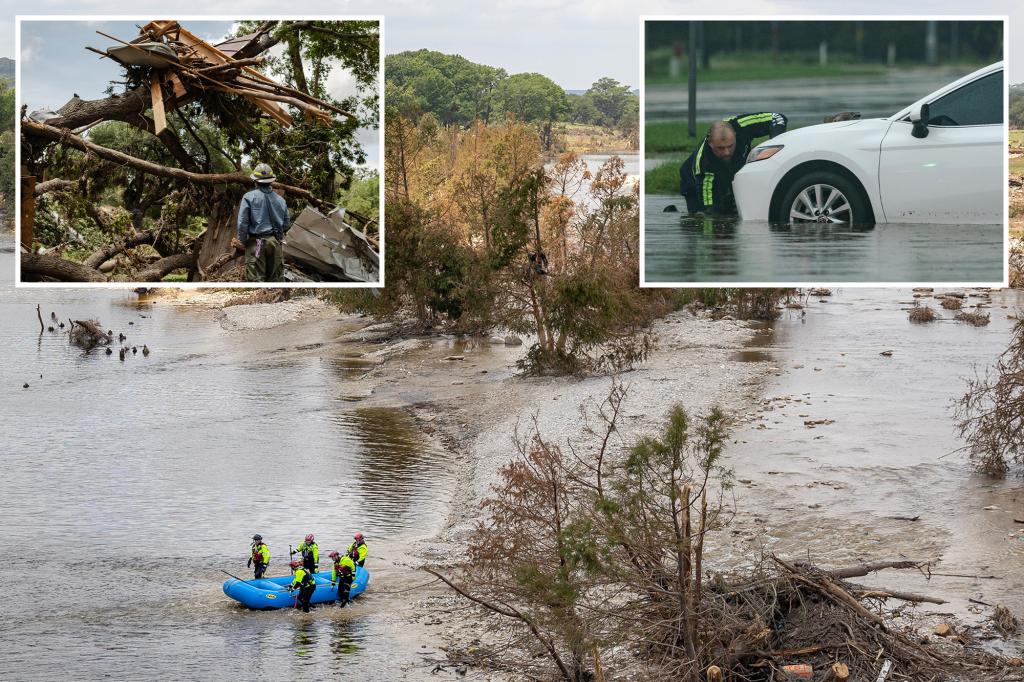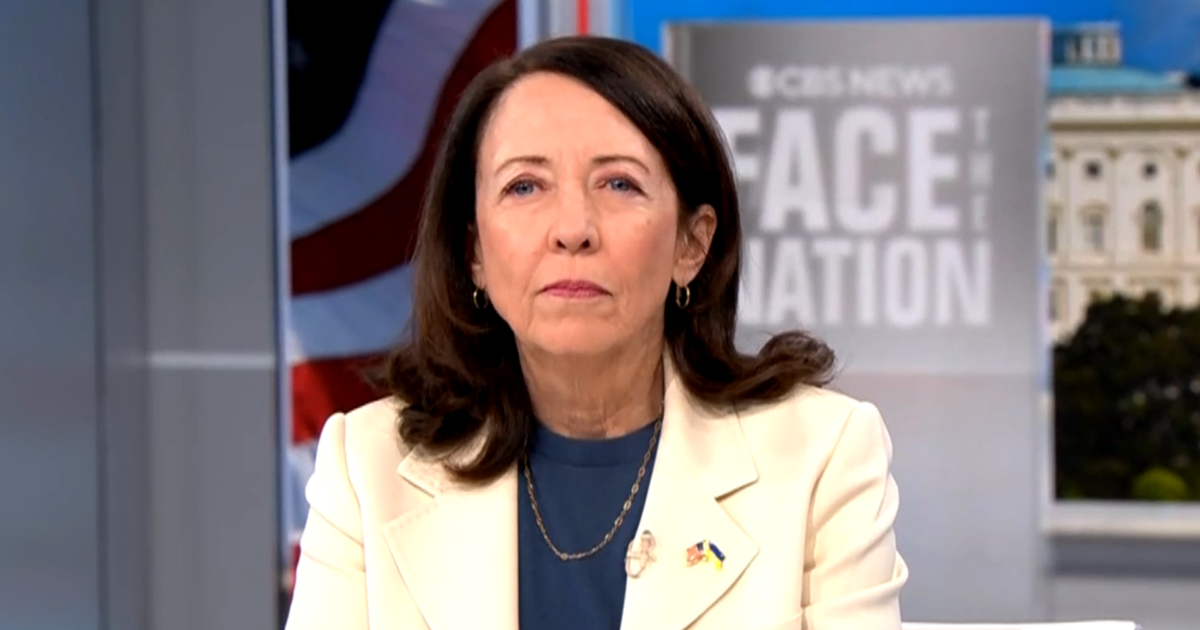“`html
In a significant move to combat climate change, the United Nations recently launched the “Global Climate Action Initiative,” aiming to facilitate and accelerate initiatives that reduce greenhouse gas emissions worldwide. This initiative, announced on March 15, 2023, during the UN Climate Change Conference in Bonn, Germany, seeks to unite governments, businesses, and communities to meet global climate targets.
Understanding the Global Climate Action Initiative
The Global Climate Action Initiative is a comprehensive strategy designed to enhance international cooperation in addressing climate change. It provides a framework for countries to share best practices, technological innovations, and financial resources. With the goal of limiting global warming to 1.5 degrees Celsius, the initiative seeks to mobilize over $1 trillion in investments by 2030.
UN Secretary-General António Guterres emphasized the urgency of this initiative, stating, “We are in a race against time. Climate change is not just an environmental issue; it is a humanitarian crisis that affects millions globally. The Global Climate Action Initiative is our opportunity to turn the tide.”
To support this initiative, several key pillars have been identified, including renewable energy expansion, sustainable agriculture practices, and enhanced conservation efforts. According to the latest reports from the Intergovernmental Panel on Climate Change (IPCC), transitioning to renewable energy sources could reduce global emissions by up to 70% by 2050.
The Role of Businesses and Communities
Businesses play a crucial role in the success of the Global Climate Action Initiative. The initiative encourages companies to adopt sustainable practices and invest in green technologies. For instance, a recent survey by McKinsey found that 80% of executives believe that sustainability is essential for their company’s long-term success.
“Corporate responsibility is no longer optional; it’s a necessity,” said Dr. Emily Rojas, an environmental economist at the Green Future Institute. “The Global Climate Action Initiative provides the framework for businesses to align their goals with global sustainability targets. This alignment can drive innovation and profitability.”
- Investing in renewable energy sources
- Implementing waste reduction strategies
- Enhancing supply chain sustainability
Governmental and Policy Implications
On the governmental front, the initiative calls for more robust policies that incentivize emissions reductions. Countries are encouraged to set more ambitious Nationally Determined Contributions (NDCs) under the Paris Agreement. Recent data shows that only 57% of countries have submitted updated NDCs that reflect higher climate ambition since the last COP meeting, highlighting the need for greater commitment.
“Governments must take the lead and create policies that not only promise reductions but also deliver tangible results,” said Dr. Marcus Lee, a climate policy expert. “The Global Climate Action Initiative is a step in the right direction, but it requires real political will to transform commitments into action.”
The Importance of Public Awareness and Education
Public engagement and education are vital components of the Global Climate Action Initiative. Raising awareness about climate change impacts and solutions fosters community involvement and support for sustainable practices. Educational programs targeting schools and local organizations can empower individuals to contribute to climate goals.
Research from the Yale Program on Climate Change Communication indicates that communities with higher levels of climate education are more likely to engage in environmentally friendly behaviors. This finding underscores the importance of incorporating climate education into local curriculums and community outreach programs.
Challenges Ahead
Despite its ambitious goals, the Global Climate Action Initiative faces several challenges. One major hurdle is the disparity in resources and capacities between developed and developing nations. Developing countries often lack the financial resources and technology needed to implement large-scale climate action initiatives.
The UN has acknowledged this issue, emphasizing the need for developed nations to fulfill their financial commitments to assist developing countries in their climate adaptation and mitigation efforts. As of 2023, only 50% of the $100 billion annual climate finance goal set for 2020 has been met.
Future Outlook and Next Steps
The future of the Global Climate Action Initiative hinges on the commitment of all stakeholders involved. The UN plans to host annual meetings to track progress and adjust strategies as necessary. Additionally, the initiative aims to enhance transparency and accountability by establishing a monitoring system to ensure that pledged commitments translate into real actions.
As the world grapples with the increasing impacts of climate change, the Global Climate Action Initiative offers a hopeful path forward. With combined efforts from governments, businesses, and communities, achieving the ambitious climate targets is possible. The success of this initiative may very well determine the health of our planet for generations to come.
To stay informed about the Global Climate Action Initiative and how you can participate, visit the UN Climate Change website and engage with local sustainability efforts in your community.
“`



